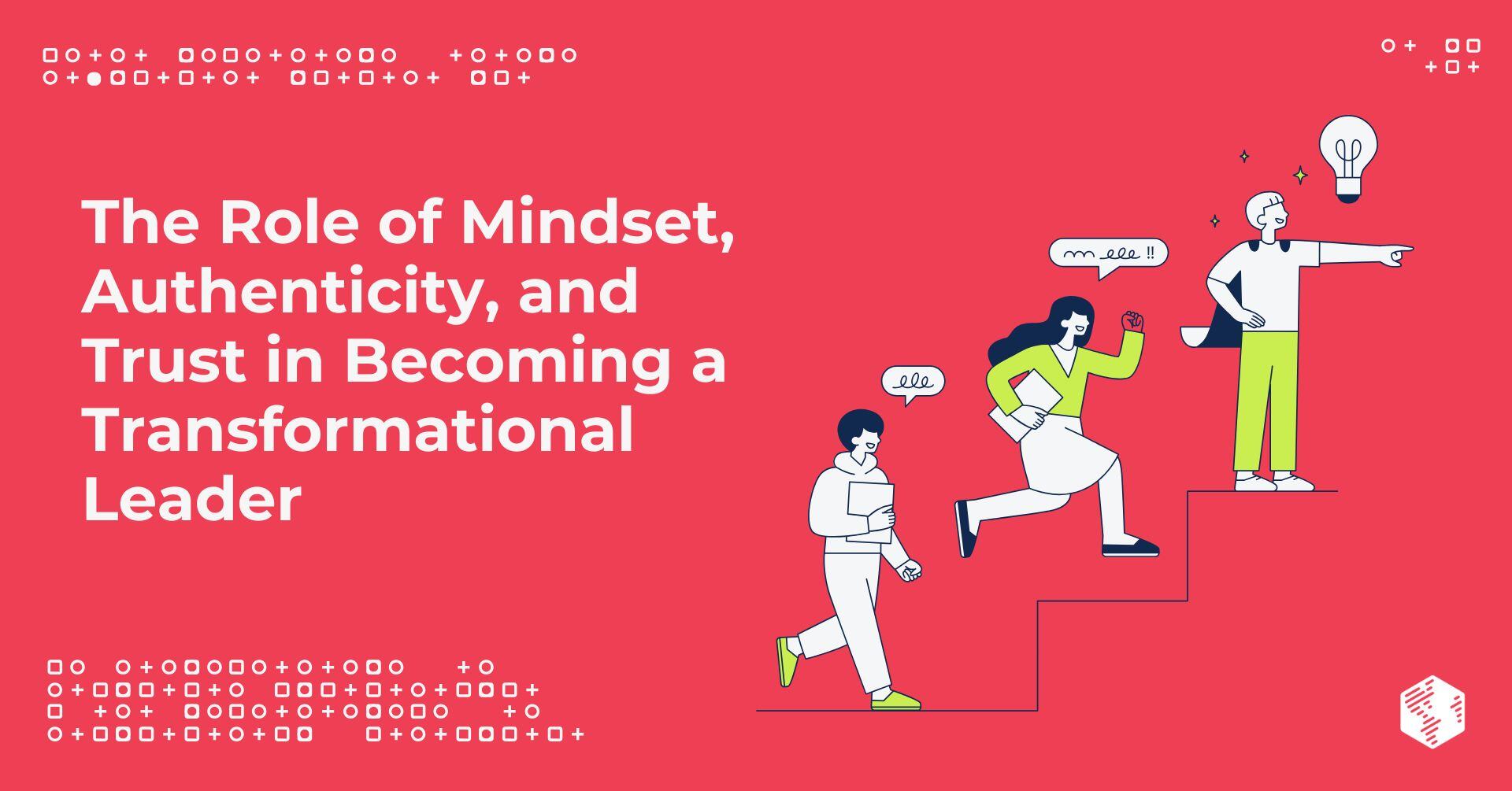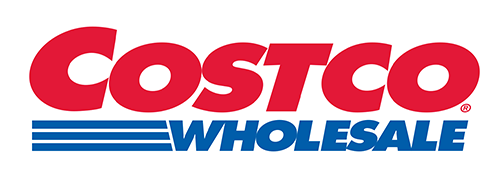The Role of Mindset, Authenticity, and Trust in Becoming a Transformational Leader

In today’s rapidly evolving business world, transformational leadership has risen as the gold standard for fostering innovation, agility, and trust within organizations. This style of leadership is far from traditional—it's deeply rooted in mindset shifts, authenticity, and trust, all of which propel organizations toward sustainable success. Yet, becoming a transformational leader isn’t simply about adopting new strategies—it’s a personal and professional journey that requires ongoing self-reflection, vulnerability, and continuous learning.

The Mindset Shift: From Perfectionism to Growth
Transformational leadership starts with a pivotal mindset shift—a move away from perfectionism and into a growth-oriented perspective. This transition is critical because perfectionism, while seemingly noble, can actually be a roadblock to progress. As Lisa Guillot shared during her "Coffee with Closers" interview, perfectionism often stems from fears like the fear of failure or criticism. However, those fears are what keep leaders from taking the bold risks necessary for innovation and long-term growth.
Lisa Guillot's personal journey from creative strategist to leadership coach illustrates this perfectly. She discussed how her initial perfectionism led to overwork and burnout, but once she adopted a mindset focused on progress rather than perfection, she achieved more while maintaining a healthier lifestyle. Leaders who can break free from this “perfectionism paradox” will find themselves more open to calculated risk-taking and experimentation, both of which are essential for fostering a culture of continuous improvement.
Authenticity: The Heartbeat of Transformational Leadership
If mindset is the foundation of transformational leadership, then authenticity is its beating heart. Authentic leaders know their strengths, weaknesses, and values—and they’re not afraid to show them. In fact, they recognize that vulnerability is a strength rather than a liability. This openness fosters trust, allowing team members to feel psychologically safe enough to share ideas, voice concerns, and take risks without fear of judgment.
As mentioned in Lisa’s interview, vulnerability creates emotional intelligence. By acknowledging their limitations, leaders provide space for others to step up, leading to a more collaborative and innovative work environment. Moreover, authenticity paves the way for empathy, a crucial component of effective leadership, as it enables leaders to connect more deeply with their teams, fostering strong interpersonal bonds that drive better performance.
Trust: The Currency of Leadership
At the core of any successful organization is trust. But trust isn’t something that is simply given—it’s earned through consistent actions, transparency, and a steadfast commitment to integrity. Authentic leaders build trust by aligning their actions with their words, ensuring that their teams know they can be relied upon.
Transformational leaders also understand that trust is reciprocal. They empower their teams through consultative decision-making, seeking diverse perspectives and encouraging ownership. This approach fosters a sense of accountability and loyalty within the team, enhancing engagement and creativity. The key to long-term success, as highlighted in both Lisa Guillot's interview and broader leadership strategies, is for leaders to model the behaviors they wish to see, creating a culture of mutual respect and responsibility.
The Power of Personal Branding in Leadership
One of the more modern elements of transformational leadership is the integration of personal branding. In today’s digital age, leaders must curate a strong, authentic brand to amplify their influence and thought leadership. As Lisa Gill pointed out, personal branding is about more than just aesthetics—it’s about aligning your values and leadership style with the image you project to the world.
Consistency in messaging is crucial for building a credible brand. Lisa recommends using storytelling to humanize leadership. By sharing personal stories, leaders can better connect with their audiences, fostering a sense of shared purpose and inspiring their teams to strive for excellence. Leaders who master personal branding not only elevate their own influence but also enhance their organization’s reputation.
Navigating Change with Agility and Innovation
In an ever-changing business landscape, adaptability is critical. Transformational leaders understand that rigid thinking can stifle progress. Instead, they foster a culture of experimentation and innovation, where teams feel safe to test new ideas and learn from failure. Lisa Guillot's insights reinforce this idea: transformational leaders embrace failure as a learning opportunity rather than a setback, empowering their teams to think creatively and iteratively.
Resilience and Psychological Safety: Navigating Adversity
In a world filled with uncertainty, resilience has become a must-have leadership trait. Transformational leaders cultivate resilience not just for themselves, but for their entire team. They do this by fostering psychological safety, where individuals feel free to express concerns, make mistakes, and take risks without fear of retribution. This environment encourages innovation and helps teams navigate adversity more effectively.
Gill emphasizes the importance of cultivating grit—the mindset that sees challenges as opportunities for growth. Resilience, coupled with psychological safety, forms the backbone of a high-performing team, capable of weathering any storm while maintaining their focus on long-term objectives.
Work-Life Integration: The Holistic Leader
For transformational leaders, balancing personal and professional priorities is key to sustainable success. Gone are the days of rigid work-life balance. Instead, leaders now embrace work-life integration, where both aspects coexist fluidly. By prioritizing self-care and personal growth, transformational leaders not only model healthy behaviors for their teams but also ensure they have the mental clarity and resilience to lead effectively.
Embarking on Your Transformational Leadership Journey
Transformational leadership is a continuous journey, not a destination. It requires a commitment to growth, authenticity, and trust, as well as the agility to adapt in a constantly shifting business landscape. By embracing these principles, leaders can unlock the full potential of their organizations, inspiring their teams to achieve extraordinary results.
Incorporating the lessons from Lisa Guillot's journey and the principles of transformational leadership, it’s clear that true leadership goes beyond personal accolades—it’s about empowering others, cultivating an atmosphere of trust and innovation, and leaving a lasting legacy that transcends individual achievements.























